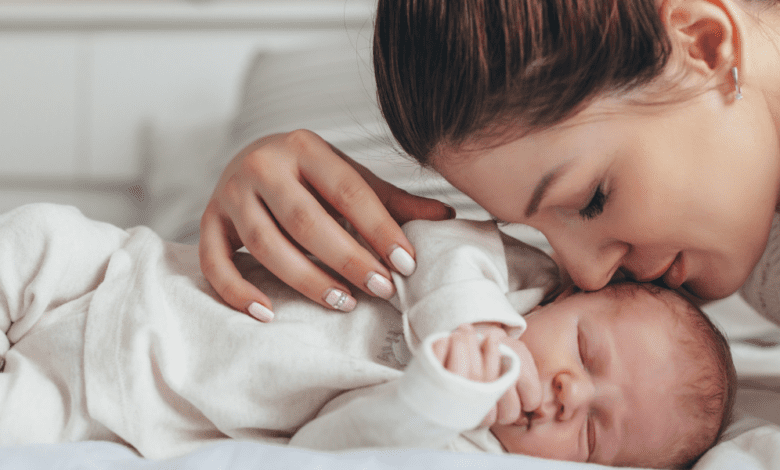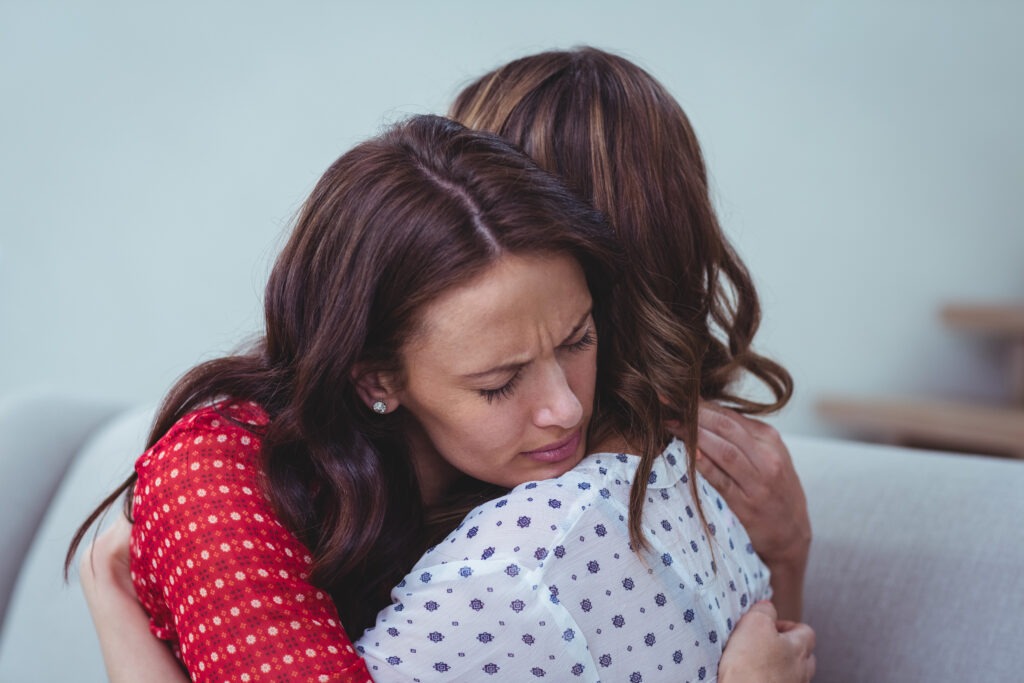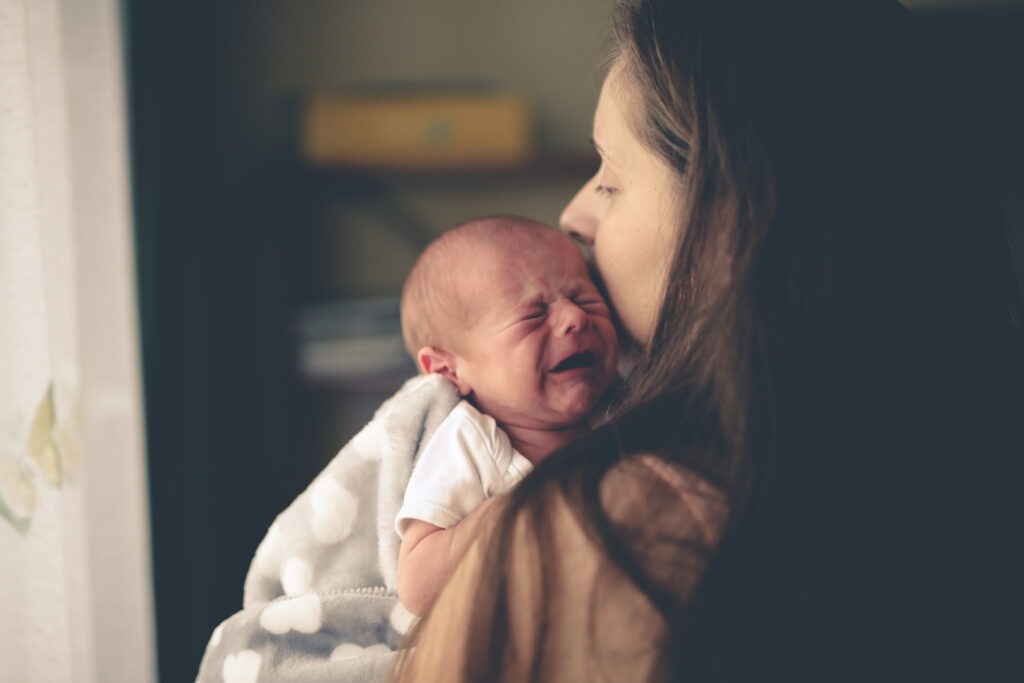Experiencing Postpartum Psychosis: How to Get Help

182
Experiencing psychosis during or after pregnancy can feel isolating and scary. It is important to remember that you are not alone in this experience. Psychosis can occur after pregnancy, and it is usually not permanent.
Here are some ways to get help when you’re dealing with postpartum psychosis.
How Do I Know I’m Experiencing Post-Partum Psychosis?
Post-partum psychosis can manifest in a variety of symptoms. It can happen directly after giving birth or months after. Some of the common symptoms include:
- Hallucinations – Seeing or hearing something that others cannot see or hear
- sadness – Often sadness that doesn’t seem to go away
- Mood Swings – Moods that change rapidly from anger, sadness, fear, and extreme happiness
- paranoia – Feeling like someone or something is out to get you or often looking over your shoulder
- Delusions – Believing something about yourself or others that seems far from the truth
If you are experiencing any of these symptoms or have been told that you are experiencing symptoms like them, you will want to follow the tips below to get help. Remember, there is no shame in asking for help.
Ways to Get Help for Post-Partum Psychosis
Here are some of the most common ways to get help post-partum psychosis.
Tell Someone You Love
If you have someone close to you in your life that you usually turn to for emotional support, you will want to reach out to this person. Let them know what you are experiencing and think it might be post-partum psychosis.
Your loved one can help you determine which thoughts may be true and which may not. They may reassure you about your paranoia and loneliness. However, only a true professional can deal with mental health emergencies. If you think this is an emergency, proceed to the next step.
Get Help From a Trained Post-Partum Therapist
Therapists experienced in post-partum mental health care are available in every city. You can find them online for teletherapy or through traditional talk therapy in your town. Be sure to search for “therapists for post-partum psychosis or depression” in your area.
You may need to meet with several therapists before finding one that you connect with. It’s okay not to find your partner right away. Always be upfront about your desires for a therapeutic relationship and what you want to accomplish. The right therapist will be able to meet those needs within reason.

Ask for Help When You Need It
If you are in a relationship, ask your partner to help you care for your baby or other children. It can be difficult to give yourself and your child enough time and attention when dealing post-partum psychosis.
Develop a system with your partner or supportive family members to have some time to go to your appointments, shower, and take care of professional tasks. If you are a single parent, consider daycare for your baby while you receive treatment. Ask friends and family for help if you have any in your life.
Consider Medications
There are medications and treatments available for post-partum psychosis and depression. Some medications are approved to be taken while breastfeeding. Ask your therapist or psychiatrist for more information on a treatment that works for you.
Conclusion
Post-partum psychosis can be scary. However, you are not alone. Support methods such as therapy, medication, and seeking help are available to you. You can also join online communities of moms who are going through the same thing.

About the Author
 Marie Miguel has been a writing and research expert for nearly a decade, covering a variety of health-related topics. Currently, he is contributing to the expansion and growth of a free online mental health resource with BetterHelp.com. With an interest and dedication to addressing the stigmas associated with mental health, she continues to specifically target topics related to anxiety and depression.
Marie Miguel has been a writing and research expert for nearly a decade, covering a variety of health-related topics. Currently, he is contributing to the expansion and growth of a free online mental health resource with BetterHelp.com. With an interest and dedication to addressing the stigmas associated with mental health, she continues to specifically target topics related to anxiety and depression.





